Advertisement
The process of discovering new medicines has always been a long and arduous one. It often takes many years and a lot of money to develop a new drug, and even then, many drug candidates fail before reaching patients. In recent years, artificial intelligence has started to change this process. AI tools can analyze large amounts of data quickly and help researchers find new drug possibilities faster than before.
This new approach to drug discovery is making the process more efficient and more hopeful for patients awaiting better treatments. In this blog, we will explore how AI is being adopted in drug discovery and why it is regarded as a new era in the field of medicine. We will explore the benefits that AI brings, provide some real-world examples, and discuss the challenges that come with using this technology in such an important field.
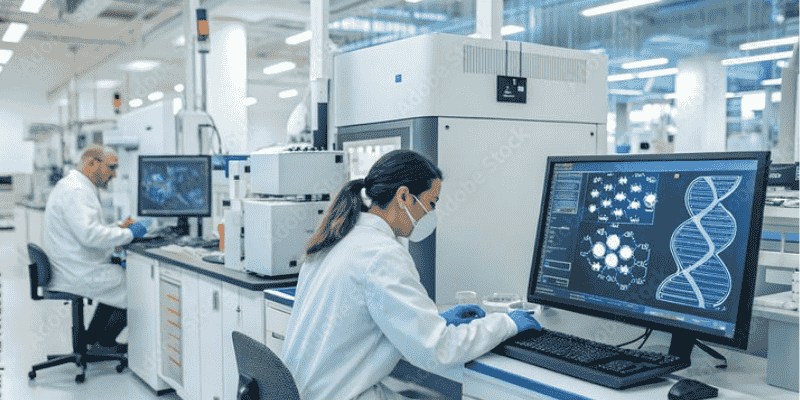
Traditionally, discovering a new drug involves many steps. It begins with basic research to understand diseases and identify potential targets for treatment. Scientists then test thousands of chemical compounds in the lab to see if any might work as medicine. After this, the most promising candidates undergo preclinical studies and several phases of clinical trials to assess their safety and effectiveness in humans.
This entire process typically takes years, sometimes over a decade, and incurs significant costs. Many drug candidates fail along the way, which adds to the time and expense. Due to these challenges, researchers have been seeking more effective methods to accelerate drug discovery, lower costs, and improve success rates. This is where AI can make a significant difference by helping to identify new drug candidates more quickly and improving the overall efficiency of the process.
Another major challenge in traditional drug discovery is the high level of uncertainty associated with it. Even after years of research and testing, there is no guarantee that a drug will be approved or work as intended. The reasons for failure can vary; sometimes, the compound is not effective enough, and other times, it may cause harmful side effects that only become clear during clinical trials. This uncertainty makes drug development a risky and expensive process for pharmaceutical companies.
AI is revolutionizing drug discovery by enabling scientists to process large amounts of data quickly and accurately. It can analyze biological information, chemical structures, and genetic data to identify potential drug targets. Machine learning algorithms can predict how different molecules will interact with these targets, which helps in determining promising drug candidates more quickly.
AI is also used to predict potential side effects early in the process, thereby reducing the likelihood of failure in later stages. Natural language processing enables AI to read and comprehend vast amounts of scientific literature, helping researchers stay current with new findings. By utilizing AI, researchers can screen a significantly larger number of compounds than previously possible, thereby saving time and resources. This technology helps reduce trial and error, making drug discovery more efficient and increasing the chances of success.
Many pharmaceutical companies are already using AI to improve drug discovery. For example, Pfizer has partnered with tech firms to utilize AI for identifying new drug candidates more efficiently. Novartis also uses AI to analyze complex data from clinical trials, helping them make better decisions. Startups like Insilico Medicine focus entirely on AI-driven drug discovery and have made progress in finding new molecules. These companies demonstrate how AI can accelerate research and lower costs.
Collaborations between tech companies and pharmaceutical firms are becoming more common, combining expertise in AI with deep knowledge of biology and medicine. These partnerships are helping to bring AI-powered medicines closer to patients, demonstrating the growing trust in AI technology within the industry.
Despite its numerous benefits, adopting AI in drug discovery presents several challenges. One major issue is the quality and availability of data. AI systems require large, clean, and well-organized datasets to function effectively; however, gathering this data can be challenging, and errors may be present in the data. Another challenge is meeting regulatory requirements.
Drug development is highly regulated to ensure safety, and AI methods must be transparent and reliable to gain approval. Ethical concerns also arise, especially regarding patient privacy and data security. Additionally, there is a need for skilled professionals who understand both AI technology and biology to interpret AI results accurately. Finally, While AI offers many advantages in drug discovery, several significant challenges need to be addressed. One of the biggest hurdles is the quality and availability of data. AI systems rely heavily on large amounts of data to learn and make accurate predictions.
Another major challenge involves regulatory requirements. Drug development is one of the most highly regulated industries in the world. Regulatory bodies, such as the FDA and EMA, require strict evidence of safety and effectiveness before approving any new drug. AI-based methods must be transparent and explainable so that regulators can understand and trust the processes used. Meeting these standards can be complex, primarily since some AI models work like "black boxes," making their decisions difficult to interpret.

AI is bringing important changes to the way new medicines are discovered and developed. By helping researchers analyze data more efficiently and accurately, AI is accelerating the drug discovery process and enhancing the chances of success. It offers clear benefits, including reduced costs, improved decision-making, and the ability to personalize treatments for individual patients. Real-world examples demonstrate that both large companies and startups are already reaping benefits from utilizing AI in the drug development process.
However, it is essential to approach this technology with caution. Issues like data quality, privacy, and regulation must be managed with responsibility and care. AI should be viewed as a powerful tool that supports human experts rather than a replacement. As more organizations adopt AI and learn how to use it wisely, the future of drug discovery looks more promising than ever. With continued progress and thoughtful application, AI can help deliver safer, faster, and more effective treatments to people worldwide.
Advertisement

Why AI training is increasingly being shaped by tech giants instead of traditional schools. Explore how hands-on learning, tools, and real-time updates from major tech companies are changing the way people build careers in AI
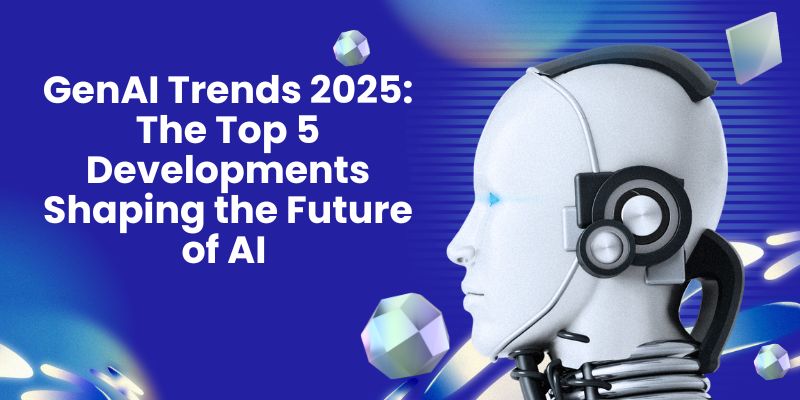
Learn about the top 5 GenAI trends in 2025 that are reshaping technology, fostering innovation, and changing entire industries.

How an AI avatar generator creates emotionally aware avatars that respond to human feelings with empathy, transforming virtual communication into a more natural and meaningful experience

Explore how AI is transforming drug discovery by speeding up development and improving treatment success rates.

AI is reshaping the education sector by creating personalized learning paths, automating assessments, improving administration, and supporting students through virtual tutors. Discover how AI is redefining modern classrooms and making education more inclusive, efficient, and data-driven
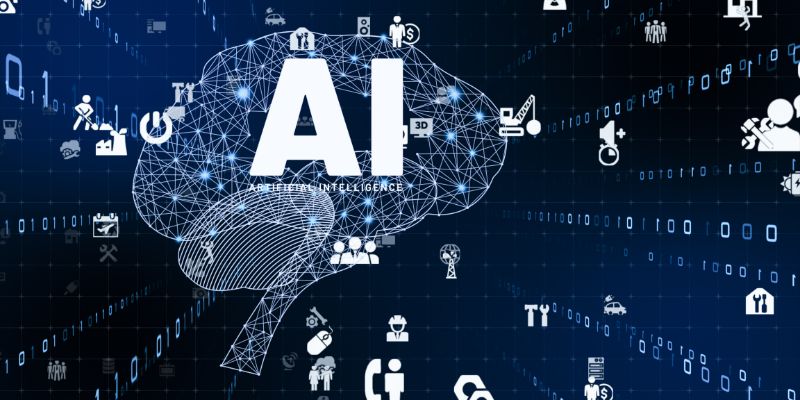
AI tools for solo businesses, best AI tools 2025, AI for small business, one-person business tools, AI productivity tools

Learn how AI innovations in the Microsoft Cloud are transforming manufacturing processes, quality, and productivity.

Learn to boost PyTorch with custom kernels, exploring speed gains, risks, and balanced optimization for lasting performance

Compare AI, ML, DL, and Generative AI to understand their differences and applications in technology today

Discover why technical management continues to play a critical role in today's AI-powered workspaces. Learn how human leadership complements artificial intelligence in modern development teams
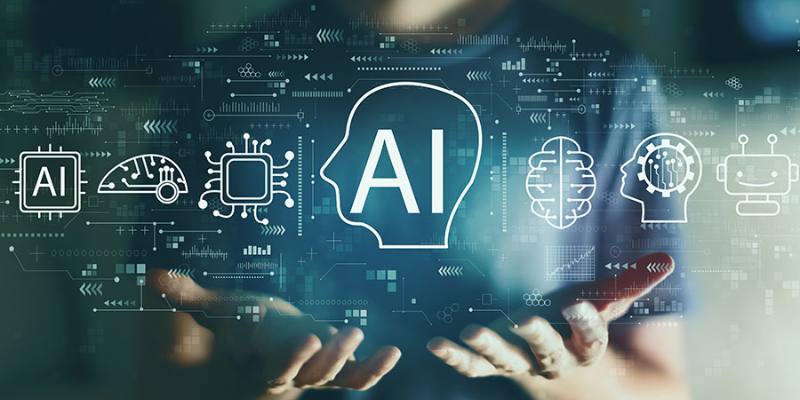
Explore how AI enhances employee performance, learning, and engagement across today's fast-changing workplace environments.
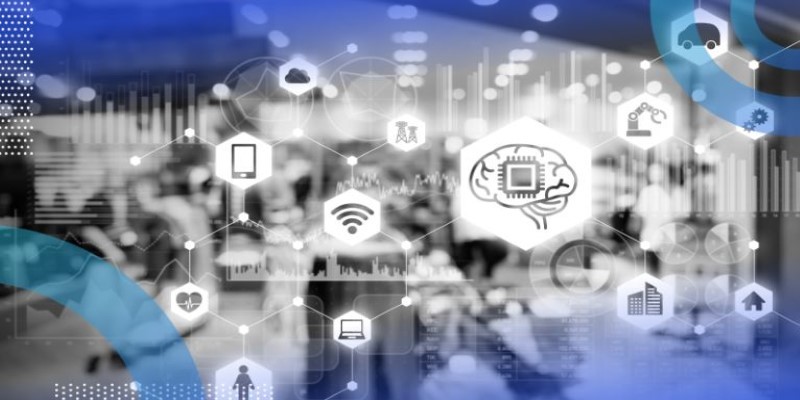
Machine learning is redefining identity theft detection by recognizing behavioral patterns, preventing fraud in real time, and improving accuracy. Discover how this technology helps organizations stay ahead of digital threats while creating a safer online experience for users